Cancer is a chronic disease in which cells in your body grow abnormally and spread to other parts of body. Most cancers are named for where they start. For example, cervical cancer starts in the cervix and prostate cancer starts in the prostate. Cancer can present as a swelling or a mass in any part of the body, unexplained pains or aches, weakness, unusual fevers or weight loss. If you are concerned, consult a healthcare worker.
Cancer cells can grow in any tissue and can gradually destroy it or impair its normal function. A cancerous growth is called a (malignant) tumour and it can be localised in one place or spread and form other tumours (metastasis).
In the past, infection-related cancers due to HIV and other viruses (eg Kaposi’s sarcoma, non-Hodgkin’s lymphoma and cervical cancer) have made the greatest contribution to the cancer burden. Research suggests a rapid shift in the profile of common cancers in Uganda with the incidence of lifestyle-related cancers increasing. This reflects a new trend emerging in low/middle-income countries as diets and lifestyle habits change.
It’s unclear how many people in Uganda get cancer as data collection is limited. One study based in Uganda’s second biggest city, Mbarara, suggests that one in eight males and one in ten females will likely develop cancer before the age of 75 years.
In men, the most commonly diagnosed cancers are prostate, oesophagus, stomach, Kaposi’s sarcoma and liver cancer. In women, the most common cancers are cervix, breast, stomach, liver and ovarian cancer.
Globally, only five to 10 per cent of cancers are caused by faulty genes, the remaining 90-95 per cent are caused by environmental and lifestyle factors – and poor diet may account for over a third.
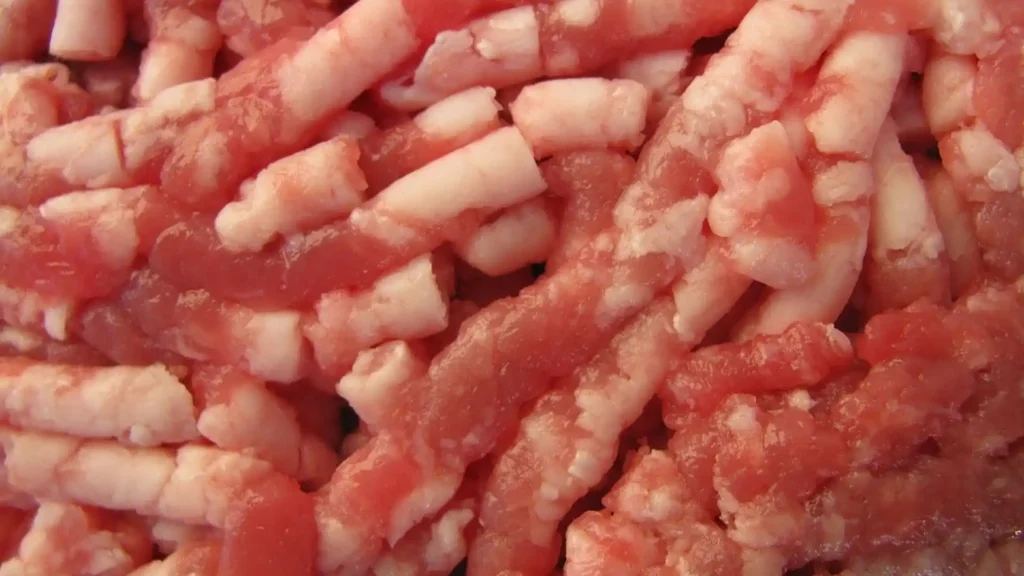
Processed and red meat
The saturated fat, cholesterol and haem iron in red meat and the salt and nitrites in processed meat are implicated, along with compounds produced by cooking meat at high temperatures.
Processed meat is meat that has been cured, smoked or has added salt or preservatives. This includes bacon, sausages, processed chicken, salami, corned beef, jerky, meat slices, canned meat, pâtés and meat-based sauces. Processed meat is a Group 1 carcinogen according to the World Health Organisation – it causes bowel cancer and it is also linked to stomach cancer.
Processed meats require preservatives to prevent the growth of bacteria and spoilage. Many of these have been linked to various cancers, particularly stomach cancer. For example, nitrites are classed as a Group 2A carcinogen and are often hidden as E numbers in ingredient lists.
Red meat includes beef, veal, pork, lamb, mutton, venison and goat. Red meat is also a Group 2A carcinogen – meaning it likely causes cancer too. The consumption of red meat is mainly linked to bowel cancer but is also linked to pancreatic and prostate cancer.
Due to the risk of food poisoning, meat must be cooked to destroy harmful bacteria. However, cooking at high temperatures creates carcinogenic compounds linked to bowel cancer. Grilling and barbequing meat (and fish) creates especially high amounts of these. The type of iron found in meat, haem iron, has also been linked to bowel cancer.
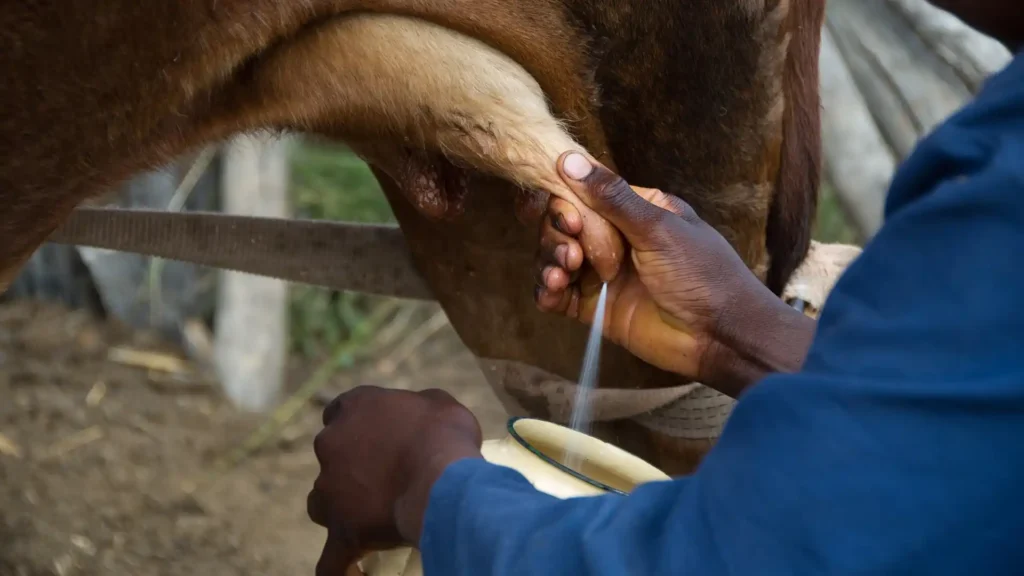
Cow’s milk
Cow’s milk contains a cocktail of hormones, including oestrogens and growth factors that help turn a new-born calf into a cow in just a year. Oestrogen in dairy is a carcinogen and is linked to breast cancer. The animal protein in milk (and meat) also increases our levels of IGF-1, a growth factor that raises the risk of several cancers including those of the breast, prostate, lung and bowel.
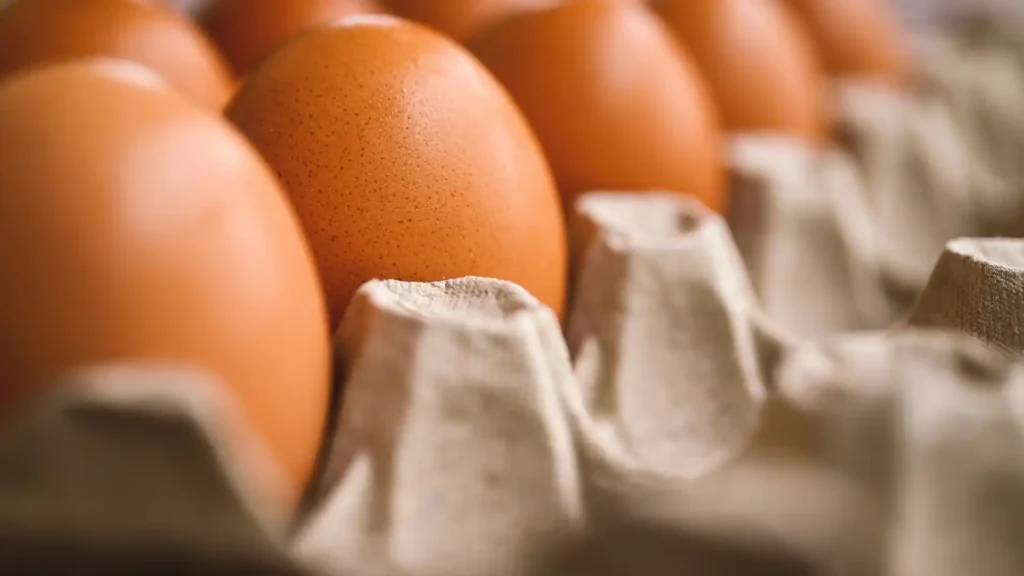
Eggs
Eggs have also been linked to cancer, in particular hormone-sensitive cancers (breast, prostate, ovaries) – probably because of their cholesterol content.
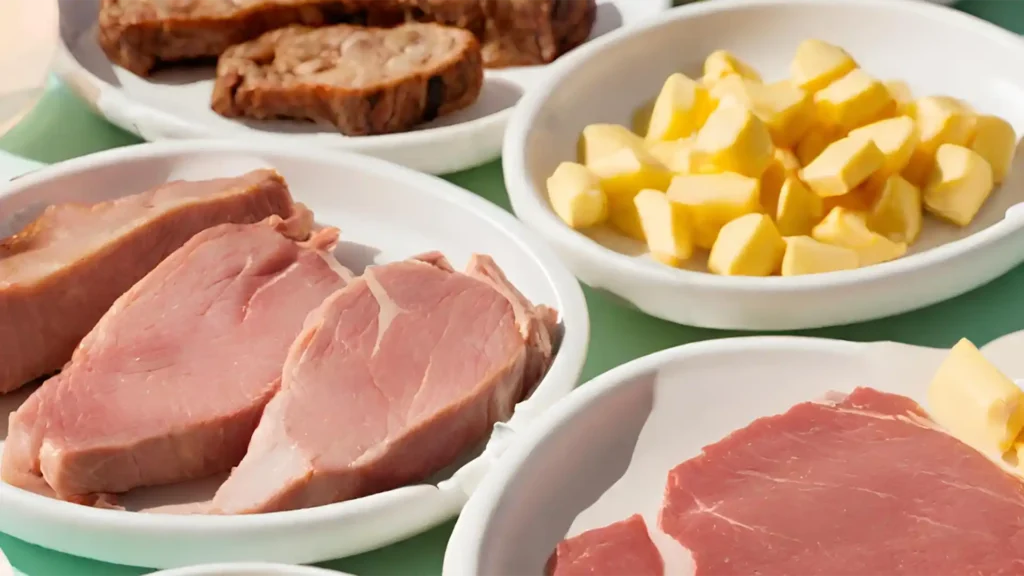
Bad fats
Red meat, chicken and dairy products (hard cheeses, cream and butter) are high in saturated fat, which are linked to an increased risk of breast, prostate and bowel cancer.
Overall, eating animal products has been linked to cancers of the bowel, stomach, lungs, kidneys, bladder, pancreas, thyroid, ovaries, uterus, breast and prostate
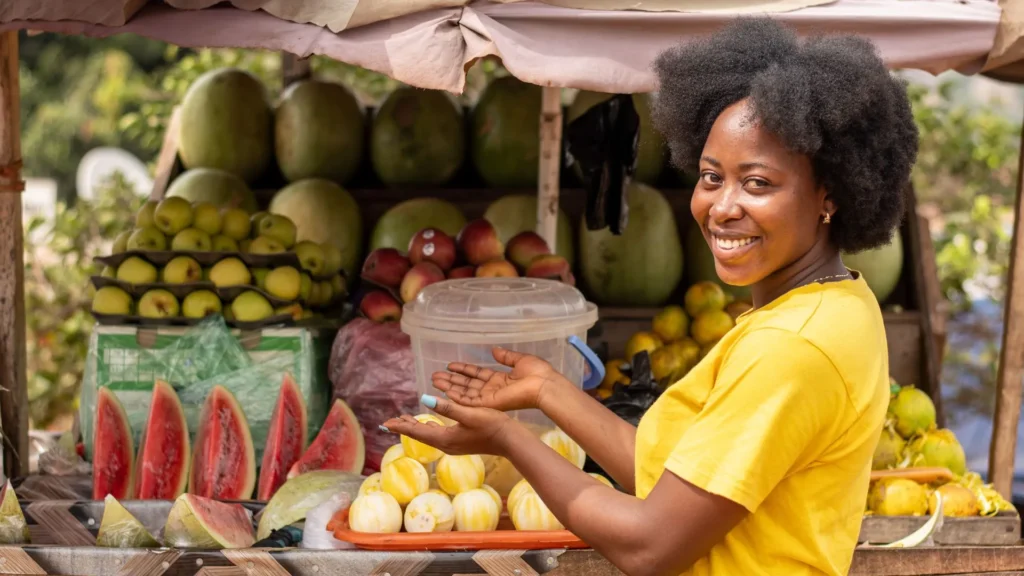
Why vegans have a lower risk of cancer
As well as avoiding the harmful compounds found in meat (including processed meat – a known carcinogen), fish, eggs and dairy, vegans tend to eat more protective compounds, eg vitamins, minerals, antioxidants and fibre, found in fruit and vegetables, wholegrains, pulses, nuts and seeds.
Vegans have a 16 to 19 per cent lower risk of all cancers and when it comes to stomach cancer, the risk is lower by 59-63 per cent!
A vegan diet doesn’t contain many of the cancer-causing chemicals found in meat nor the hormones found in cow’s milk. Vegans have lower levels of the growth hormone IGF-1 circulating in their blood than meat-eaters. High levels of this hormone are linked to cancers of the breast, prostate and bowel. Also, plants don’t accumulate pesticides and other pollutants in their tissues as animals (including fish) do.
A healthy vegan diet contains more cancer-fighting antioxidants than a meat-based diet and antioxidants help to protect DNA from damage that can lead to cancer. Fruit and vegetables, pulses, wholegrains, mushrooms, nuts and seeds are all rich in antioxidants and other health-beneficial compounds that support your immune system and protect your health.
Vegans tend to eat more soya than non-vegans and this may also play a protective role as research shows that regular soya consumption can reduce cancer risk.
Plant wholefoods also contain plenty of fibre that’s great for our digestive system but it can do even more – studies show there is a 10 to 13 per cent decrease in the risk of bowel cancer for each 10 grams of fibre you eat.
Overall, a healthy vegan diet contains an abudance of health-protective nutrients and lacks a whole lot of nasties that come with animal products.
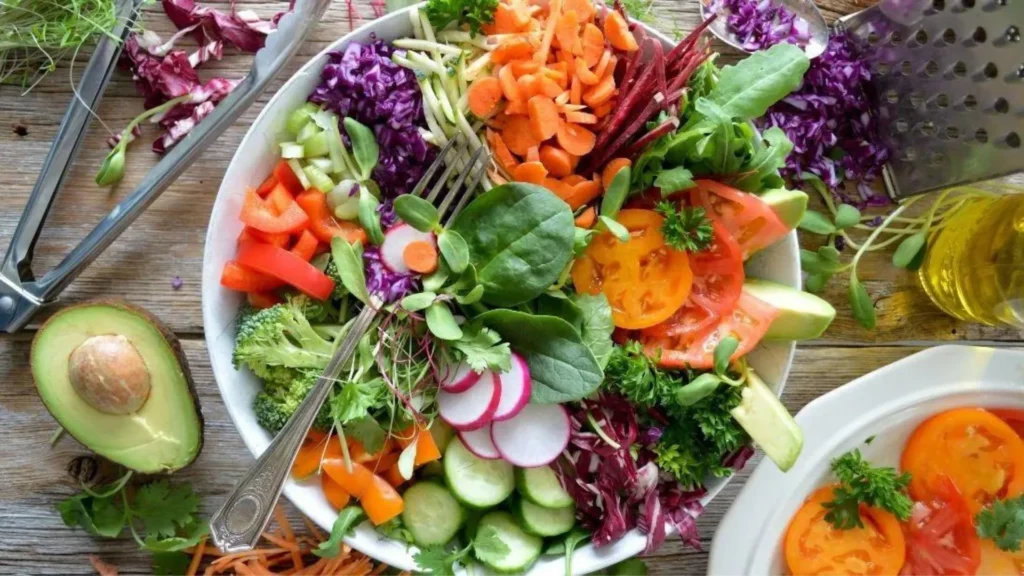
How to reduce your risk?
The majority of cancers are preventable. To lower your risk choose a varied vegan diet containing plenty of fresh fruit and vegetables, wholegrain foods, pulses, nuts and seeds. This will provide bowel-protecting fibre, a rich source of vitamins and minerals, and antioxidants that can help combat harmful molecules called free radicals.
Good Foods that Lower the Risk of Cancer
- Fruits – all fruit! Bananas, oranges, apples, mangos, pineapples etc. Packed with antioxidants, fruit can help protect health and lower the risk of cancer
- Vegetables – eg broccoli, kale, spinach, carrots, sweet potatoes, tomatoes, squash and corn. Cruciferous vegetables, in particular, such as broccoli, cauliflower, Brussels sprouts, kale, cabbage and pak choy, have anti-cancer properties and may be effective in preventing cancers of the prostate, breast, colon, skin, bladder and mouth. Scientists call this ‘green chemoprevention’
- Wholegrains – eg brown rice, wholewheat bread, millet, barley, buckwheat and quinoa are rich in antioxidants, trace minerals and phenolic compounds that may be important in cancer prevention. They are also a source of phytoestrogens that may protect against cancer and their fibre may lower the risk of bowel cancer
- Pulses – peas, beans and lentils, such as kidney beans, pinto beans, black-eyed peas, chickpeas and red lentils are packed with fibre and phenolic compounds that may protect against cancer.
- Nuts and seeds – studies show that eating a small handful of peanuts, certain tree nuts (walnuts, almonds, pistachios) and/or seeds most days may help reduce the risk of certain cancers
Bottom line
Consuming animal products increases the risk of various cancers, whereas a varied vegan diet has a protective effect – it’s an easy choice!

